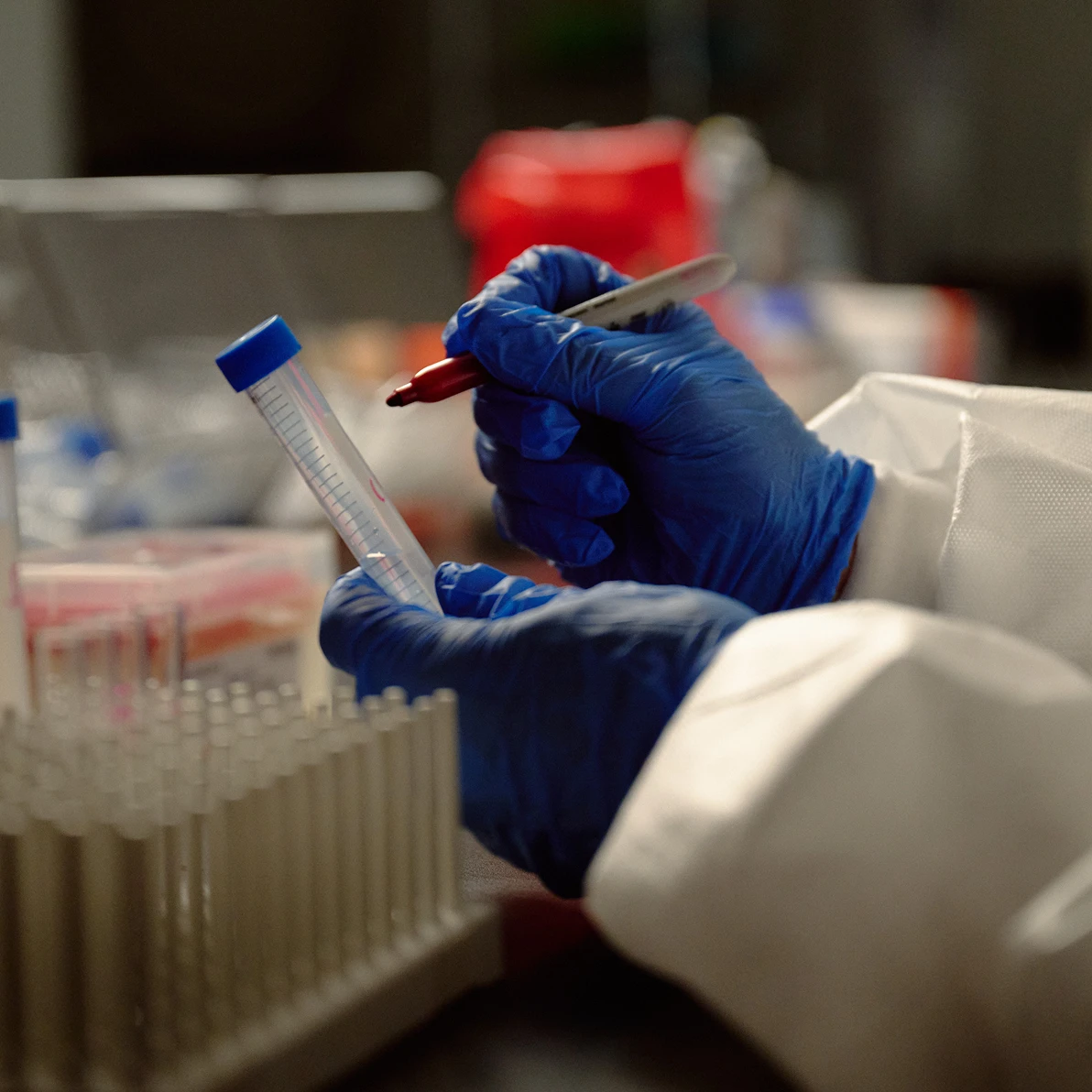We’re building the next great scientific instrument to accelerate discovery.
We’re empowering scientists and mathematicians across disciplines, combining frontier AI models with research tools that extend human curiosity and drive discovery. Our goal is to help researchers explore more ideas, test hypotheses faster, and unlock discoveries that would otherwise take years, accelerating scientific progress in ways that meaningfully benefit humanity.
Why accelerating scientific progress matters
Science shapes everything, from the medicines that keep us healthy to the energy that powers our cities, the technologies that drive our economies, and the knowledge that defines our place in the universe. It’s the foundation of human progress. If we can compress decades of discovery into ye…
We’re building the next great scientific instrument to accelerate discovery.
We’re empowering scientists and mathematicians across disciplines, combining frontier AI models with research tools that extend human curiosity and drive discovery. Our goal is to help researchers explore more ideas, test hypotheses faster, and unlock discoveries that would otherwise take years, accelerating scientific progress in ways that meaningfully benefit humanity.
Why accelerating scientific progress matters
Science shapes everything, from the medicines that keep us healthy to the energy that powers our cities, the technologies that drive our economies, and the knowledge that defines our place in the universe. It’s the foundation of human progress. If we can compress decades of discovery into years, the ripple effects touch every part of society. Scientific results are visible, testable, and matter to everyone. OpenAI for Science advances our mission—ensuring that artificial general intelligence benefits all of humanity—by helping accelerate scientific progress.

Built with scientists, for scientists
In partnership with scientists and mathematicians, we’re building AI systems that fit naturally into real research, designed to empower researchers to explore more ideas, test hypotheses faster, and uncover patterns that would have taken months or years to find alone. By deeply understanding how science actually happens, we’re working on tools that integrate seamlessly into existing workflows, from literature review and proof generation to modeling, simulation, and automation.

How researchers and AI are already collaborating
We’re at the beginning of something new, where AI systems are starting to meaningfully contribute to science itself. AI has helped researchers make measurable progress across fields, from GPT‑5 co-authoring mathematical proofs—including solving a decades-old problem(opens in a new window) with UCLA professor Ernest Ryu—to accelerating discoveries in targeted scientific work with partners like Retro Biosciences, which used a customized version of GPT‑4 for protein variant design. These are just a few examples of how AI can serve as a genuine collaborator in research, amplifying human creativity, connecting ideas across disciplines, and opening new paths of inquiry.

What’s next for OpenAI for Science
Right now, we’re working directly with scientists and mathematicians across academia, national labs, and industry to identify where AI can make the biggest difference. Over the coming months, we’ll expand these collaborations, share early results and helpful resources, and continue refining our models based on what researchers need most. Our goal is to build an instrument that researchers can trust and help shape—one that evolves alongside the scientific community and helps unlock the next generation of discoveries.

We can’t imagine a more exciting or meaningful challenge than advancing the frontiers of science itself. We’ll share more soon as we continue deepening our work with the scientific community.